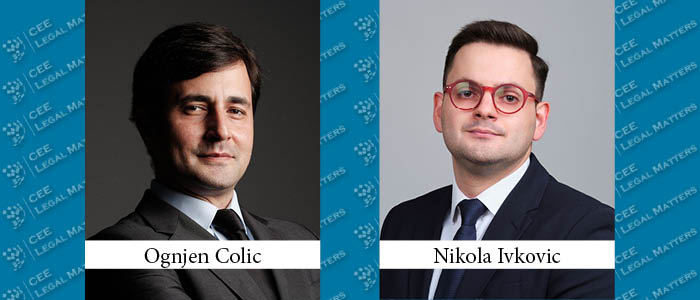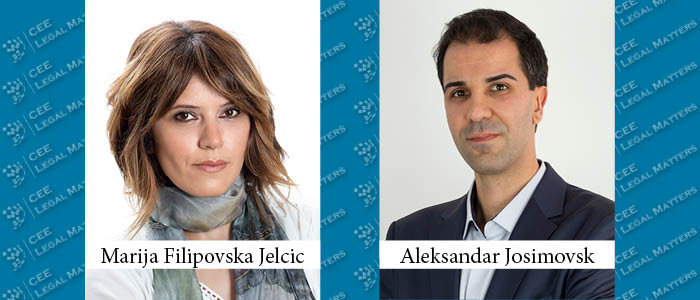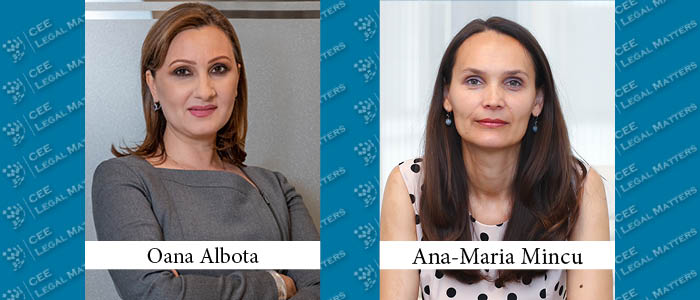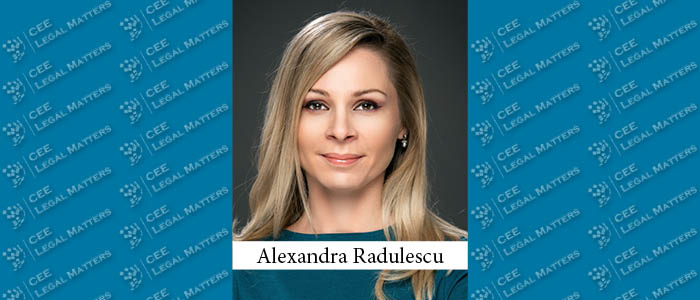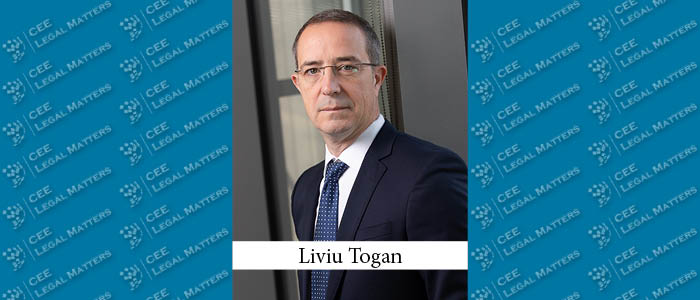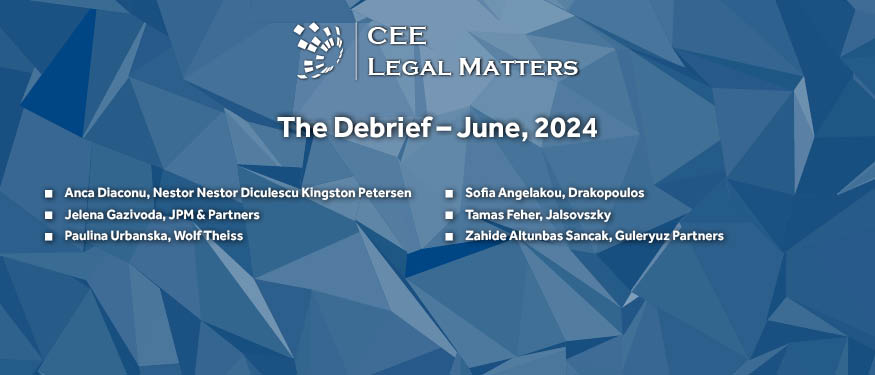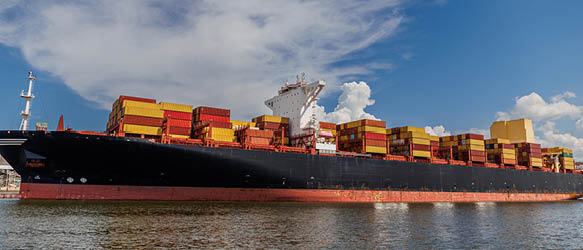Serbia’s booming construction sector and ongoing infrastructure projects establish it as a vital economic hub in the region. In 2023, construction works valued at over EUR 5 billion contributed around 5.5% to the national GDP. The country’s strategic location and ambitious infrastructure plans have attracted significant foreign investment. With projects like highways, railways, and energy facilities underway, Serbia is strengthening its position as a critical economic connector in Southeast Europe.
North Macedonia: Special Regime for Facilities of Strategic Importance
The Macedonian legislature has amended multiple laws for the purpose of introducing special rules for facilities of strategic importance, which are highly significant for the development of the infrastructure. Pursuant to the latest amendments of the Law on Spatial Planning (LSP) and the Law on Construction (LC), both of which entered into force on May 30, 2023, the “facilities of strategic importance” category includes state roads, railway lines, backbone gas pipelines, and any other facilities of public interest that are built as strategic investment projects or projects of strategic national importance.
Issues Raised by the ANPC During Thematic Inspections of Real Estate Developers
The National Authority for Consumer Protection (ANPC) recently organized thematic controls of real estate developers of residential projects to verify their compliance with the legal provisions on consumer protection.
Enhancing Workplace Harassment Regulations: An Examination of Romania’s Latest Legislative Efforts
Workplace harassment is a global issue that undermines the dignity of people and the productivity of employers. Recognizing the need for firm legislative measures, Romania has legislated significant changes to create a safer and more equitable work environment. A key development is the 2023 Methodology for Preventing and Combating Gender-Based and Moral Harassment at Work (Methodology), approved by Government Decision No. 970 on October 12, 2023. This article examines the content of this methodology, its integration with international legal instruments such as the ratification of the 2019 ILO Convention No. 190, and the recent adoption of the EU Whistleblowers’ Directive.
The Life Sciences Industry in Romania: State of Play and What We Can Further Expect
Life sciences in Romania, encompassing pharmaceuticals, biotechnology, and medical devices, is a sector marked by both significant challenges and promising opportunities. As the country continues to integrate into the European Union’s regulatory and economic frameworks and as those frameworks evolve and become more complex, Romania faces the constant task of aligning its local industry with European and international standards. This alignment is crucial for fostering innovation, ensuring public health, and attracting foreign investment. The industry’s growth is influenced by many factors, such as financing, pricing and reimbursement, regulatory compliance and product liability, and sustainable public procurement tools and processes.
Increase in the Number of Investigations Concerning Fraudulent Use of EU Public Funds
The European Public Prosecutor’s Office (EPPO) is an independent body of the European Union (EU) tasked with investigating criminal cases infringing the financial interests of the EU. The EPPO was formally established in 2017 and started operations in 2021. The first and current head of the European Chief Prosecutor is Laura Codruta Kovesi, former Chief Prosecutor of the National Anticorruption Directorate (Directia Nationala Anticoruptie; DNA), the Romanian agency tasked with investigating corruption cases.
The Debrief: June, 2024
In The Debrief, our Practice Leaders across CEE share updates on recent and upcoming legislation, consider the impact of recent court decisions, showcase landmark projects, and keep our readers apprised of the latest developments impacting their respective practice areas.

